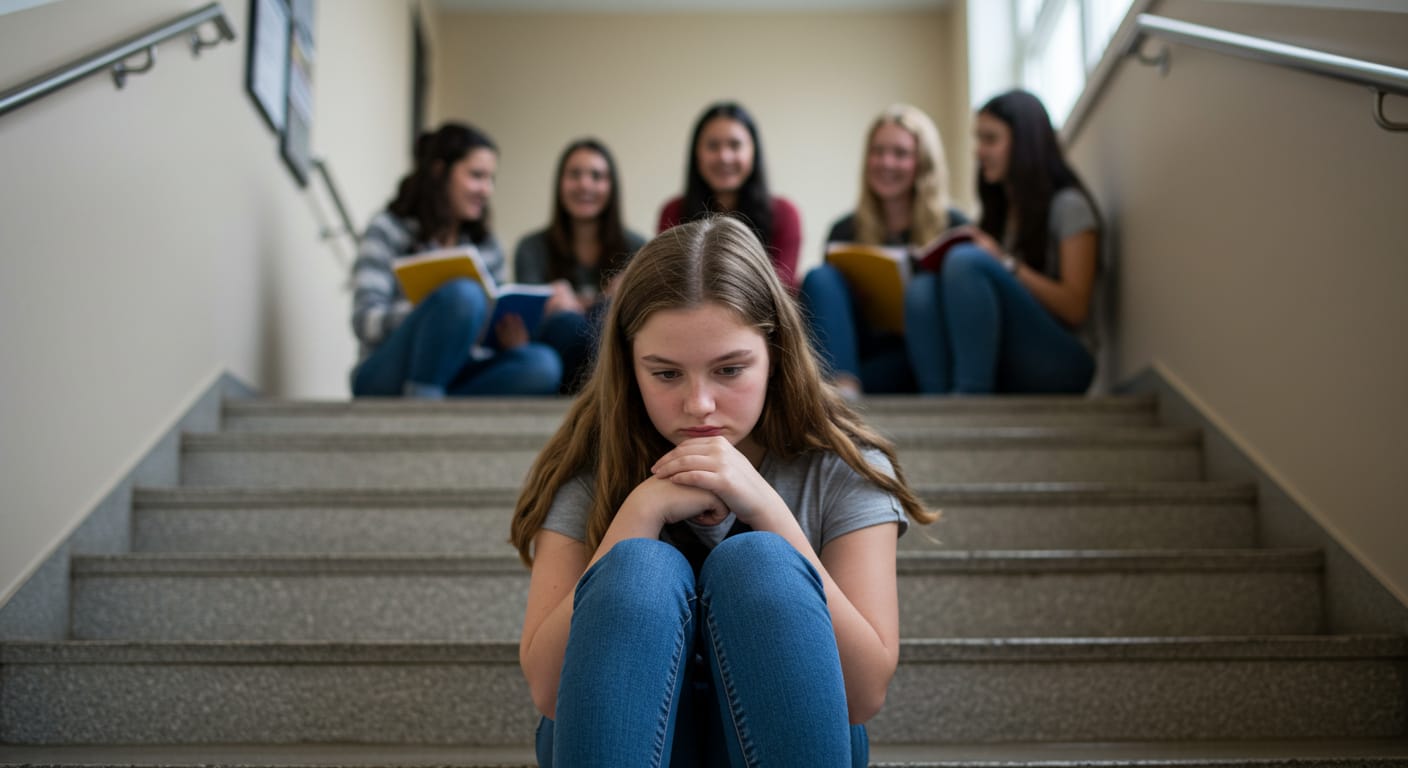Youth Depression Is On the Rise
When you think of depression, what comes to mind? Sadness? That’s only part of the story. Clinical depression—especially in teens—is complex, deep-rooted, and often hidden behind smiles, laughter, or silence.
“When you’re surrounded by all these people, it can be lonelier than when you’re by yourself… if you don’t feel like you can trust anyone or talk to anybody, you feel like you’re really alone.”
— Fiona Apple
Why Teen Girls?
Teen girls are twice as likely to be diagnosed with clinical depression, also known as major depressive disorder. This condition is caused by a neurochemical imbalance in the brain—not just “bad moods.” It affects their ability to enjoy life, disrupts sleep and appetite, and in severe cases, leads to thoughts of suicide.
These aren’t just “teenage mood swings.” These are real medical symptoms that deserve attention.
A Hidden Condition
One of the most heartbreaking aspects of youth depression is that it’s invisible. Your child won’t show signs like a rash or fever. It often manifests behaviorally, meaning it can go undetected for months—or years.
A study revealed a staggering truth:
By age 14, 24% of girls versus only 9% of boys were found to have high levels of depressive symptoms.
Why the gap?
-
Girls tend to be more emotionally affected by peer relationships and social dynamics.
-
They are often more introspective, internalizing their feelings rather than expressing them.
-
They may be more sensitive to others’ distress and less likely to use coping strategies like humor or distraction.
The Social Pressure Factor
Social media, body image issues, academic stress, and online comparison culture play significant roles. Platforms that constantly show “perfect lives” can lead girls to feel inadequate, unseen, or unworthy.
But here’s the good news:
Depression is treatable.
With support, therapy, and in some cases, medication, your child can heal and regain joy and confidence.
What Can Parents Do?
🟢 Educate yourself.
Take a free online course on recognizing signs of teenage depression.
🟢 Create a safe space at home.
Let your child know they can share anything without judgment.
🟢 Watch for symptoms:
-
Changes in sleep or appetite
-
Withdrawal from activities or friends
-
Persistent sadness or irritability
-
Sudden drop in grades
-
Talking about feeling hopeless or worthless
🟢 Seek professional help.
Don’t wait for things to get worse—early intervention makes a huge difference.
We Need Systemic Support, Too
Our schools must treat mental health as a core part of education—not an afterthought. And families must foster trust, emotional safety, and open communication at home.
Teen depression, especially in girls, can be managed. It’s not a personal failure or character flaw. It’s a medical condition that needs attention, compassion, and action.
Together, We Can Win This Fight
With knowledge, empathy, and the right support systems, depression doesn’t have to define your daughter’s story. She can rise, smile authentically, and live with light again.


